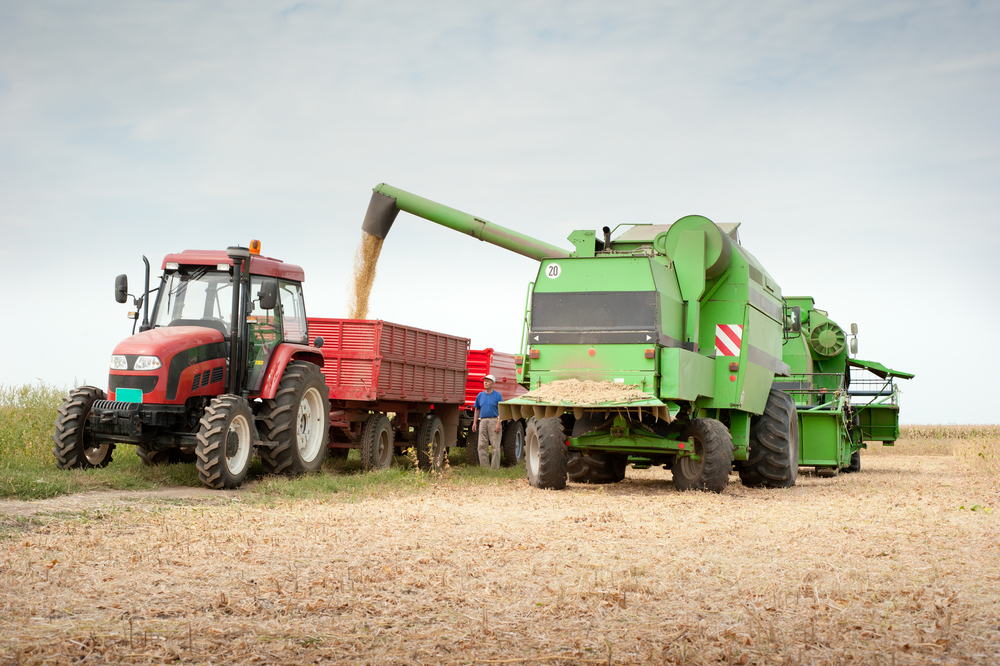Farming & Agriculture Loans

Many bank and non-bank lenders now have lending products specifically designed for the needs of farmers. These loans or facilities often provide more flexibility, can offer options on how interest is charged (monthly/ quarterly/annually), Bill facilities payable on maturity, equipment finance without full financials, and trade facilities.
Debtor Finance

Debtor or Cash flow finance is a form of financing/lending where the loan is secured by a business' expected cash flow or expected invoice/debtor payments. Sometimes also referred to as Factoring, debtor finance was previously viewed as a bad finance option because of the high cost of the finance. However now with increased competition and established specialist financier’s rates are now quite competitive and the cash flow finance products are far more flexible than ever before.
Cash flow finance differs from a business loan or overdraft, because the collateral for the loan is based on the business’ assets. The schedules or repayments for cash flow loans are based on the business' projected future cash flow and expected debtor payments.
Trade Finance

Trade finance covers finance relating to international and national trade transactions. When a buyer purchases goods or services from a seller, the financial activities involved come under the umbrella term trade finance.
Trade financing can include:
- Lending facilities
- Trade Finance
- Issuing Letters of Credit (LCs)
- Bank Guarantees
- Invoice Finance
- Export factoring (companies receive funds against invoices or accounts receivable)
- Forfaiting (purchasing the receivables or traded goods from an exporter)
- Export credits (to reduce risks to funders when providing trade or supply chain finance)
- Insurance (during delivery and shipping, also covers currency risk and exposure)
- Cash against documents
- Bonds and bank guarantees
- Asset backed facilities
